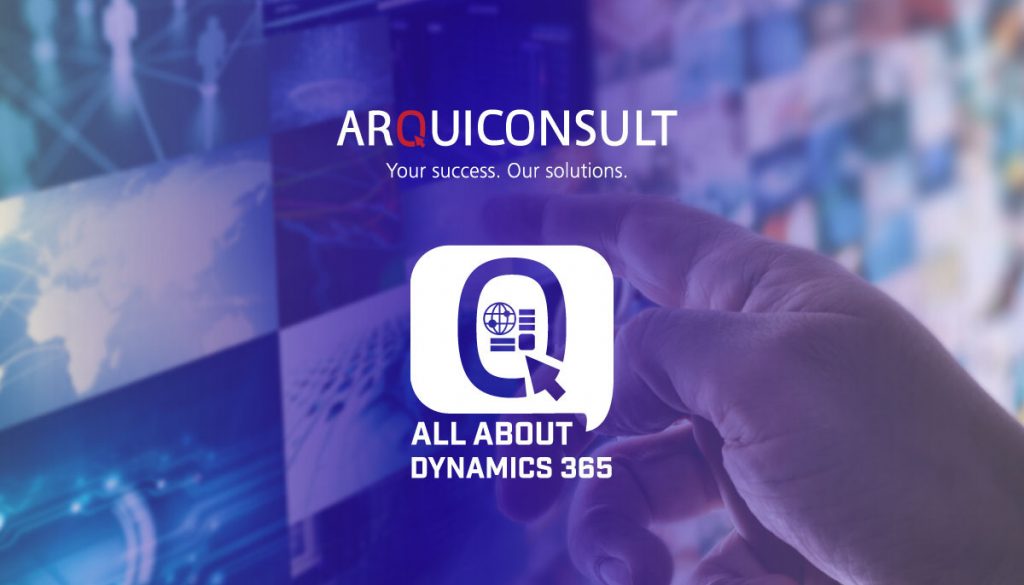WHAT IS YOUR IDEAL TIMELINE FOR ERP CLOUD MIGRATION?
If the global IT trends and developments in recent years have made one thing clear, it is that the future of business software is in the cloud. Strongly stimulated by all the effects of the COVID pandemic, ERP vendors are currently doing everything they can to strengthen and further improve their cloud solutions. So that’s really the place where you can find the latest innovations. Meanwhile, they keep their traditional on-premise solutions up and running. Of course. But also try to convince their existing customers of the usefulness and necessity of a cloud migration.
As a business society we’ve really embraced cloud computing over the past 2 years. Working from home office never would have been possible without cloud technology. Same story for online education, online healthcare and many examples from other domains and industries. But this also meant that IT vendors were forced to switch (faster) to a Cloud First strategy. Cloud is where ERP and CRM vendors spend their R&D budgets these days!
Staying on your current on-premise solution (too) long means that you will isolate yourself from the real innovation. And what does it mean for your competitive position if your competitors are already taking that step? And are able to service their customers better, faster and cheaper?
Looking at your long-term IT strategy, the question should no longer be whether you migrate to the cloud, but rather when you do that. And if you have to take that step anyway, what are the advantages of postponing it even longer?
Here’s a few valuable considerations for defining your ideal timeline:
- An implementation is never convenient for your organisation – even if you postpone it for another year (or two)!
- You can anticipate an initially slight, but then increasing urge from your vendor to switch. Think of limitation in possibilities for your current solution and increasing costs for support
- Consider the availability of the right resources at your implementation partner. Are these resources available for you at the time you are ready? What if you have to queue?
- The availability of knowledge in the market of (the version of) your existing on-premise solution may come under further pressure
If you can’t migrate to the cloud yet for legal or technical reasons, then at least decide to upgrade to the most recent on-premise version. In this way you are assured of the best possible support in any case.


